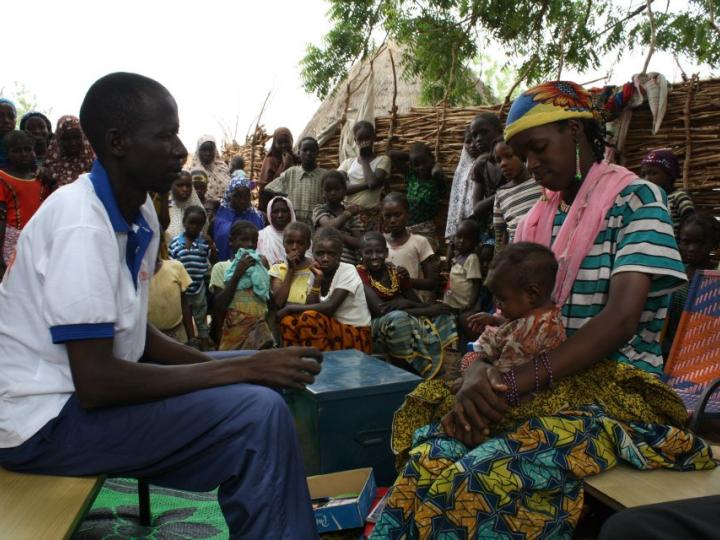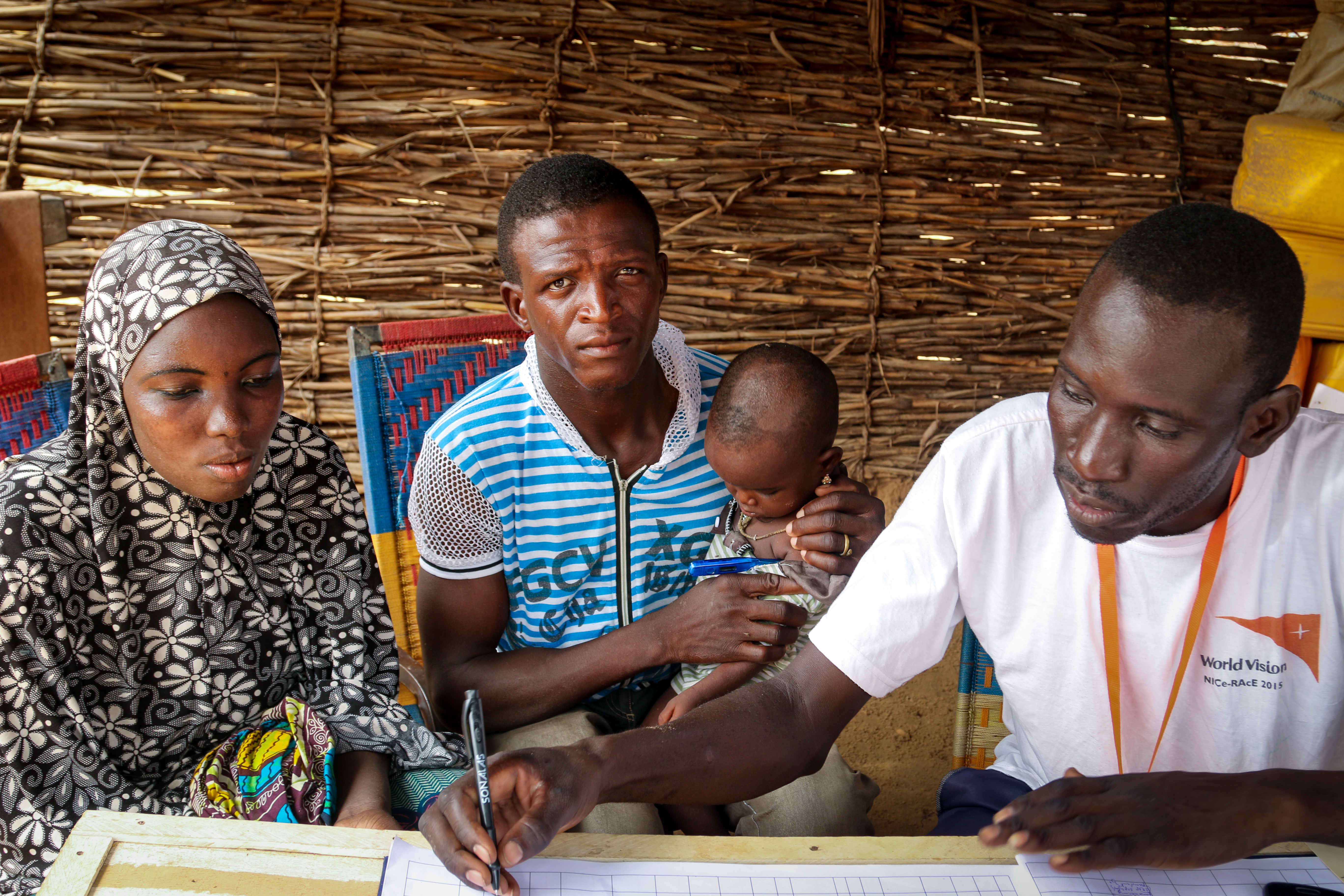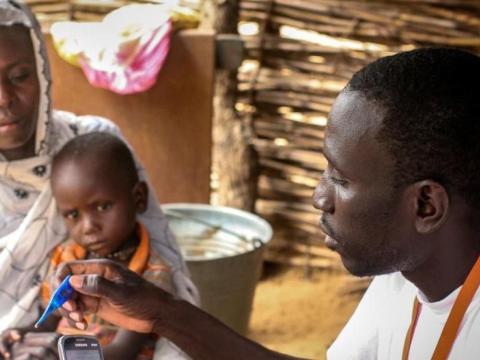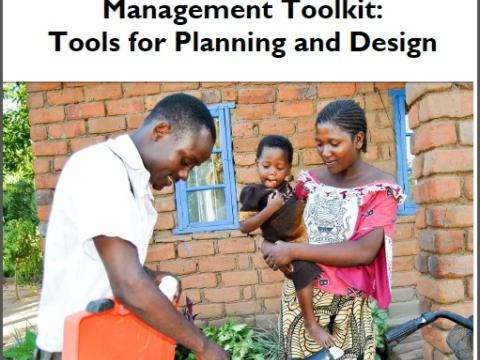
Integrated Community Case Management
Integrated Community Case Management (iCCM)
What is CCM/ iCCM?
Community Case Management (CCM) involves trained and supervised community members, linked to facility-based services, delivering curative interventions within their communities.
These community members may be formal Ministry of Health (MOH) outreach workers, trained community health workers (CHWs), or private sector health providers. CHWs may carry out their duties from their homes, a community-constructed building, or a government or private health facility.
Integrated Community Case Management (iCCM) is a strategy that trains, supports, and equips CHWs to diagnose and treat multiple common childhood illnesses – specifically pneumonia, diarrhoea, and malaria – among children in families with limited access to health facilities.
Why iCCM?
- CCM targets the leading causes of child mortality in developing countries: pneumonia, diarrhoea, malaria, and neonatal conditions
- It is an evidence-based approach and one of the most cost-effective child survival interventions – proven to save the lives of newborns and children under five at a cost that is affordable for low- and middle-income countries.
- By bringing curative health care closer to home, CCM ensures that children in the hardest-to-reach communities receive timely, life-saving treatment.
CCM is aligned with the practices recommended by WHO, UNICEF, and other international health agencies. These organisations jointly call on countries to adopt and promote policies and programmes with strong community-based components – delivering interventions for diarrhoea, malaria, pneumonia, newborn care, and acute malnutrition, while improving services at first-level health facilities.

World Vision implements iCCM in partnership with Ministries of Health across Africa and Asia to improve access to child health services in remote communities.

